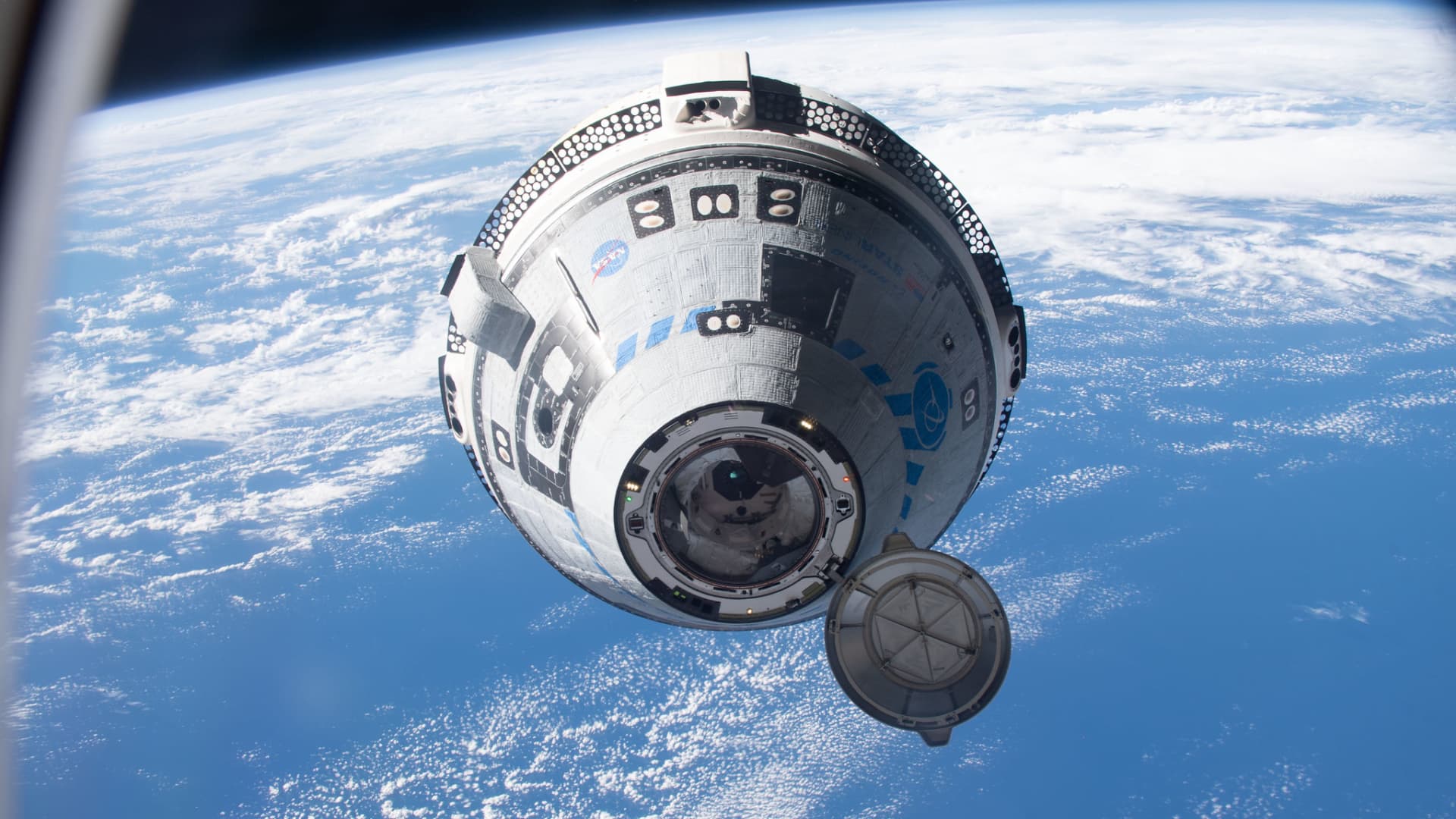Products You May Like
Boeing disclosed a charge of $93 million in the second quarter from its Starliner astronaut capsule program, bringing the program’s overrun costs to nearly $700 million.
The aerospace giant said the latest charge was “primarily driven by launch manifest updates and additional costs associated with OFT-2,” or Orbital Flight Test 2. The second uncrewed flight of Starliner successfully completed a six-day long mission in May, reaching a critical test objective – docking with the International Space Station – as Boeing prepares for the capsule to carry astronauts.
Boeing’s latest Starliner-related charge means the company has absorbed $688 million in costs from delays and additional work on the capsule to date.
The company has been developing its Starliner spacecraft under NASA’s Commercial Crew program, having won nearly $5 billion in contracts to build the capsule. Boeing’s program competes with Elon Musk’s SpaceX, which finished development of its Crew Dragon spacecraft and is now on its fourth operational human spaceflight for NASA.
Boeing was once seen as evenly matched with SpaceX in the race to launch NASA astronauts, but fell behind due to development setbacks.
The next Starliner mission is expected to be the Crew Flight Test, or CFT, flying the first astronauts onboard the capsule. However, Boeing is examining whether to redesign the Aerojet Rocketdyne-made propulsion valves on Starliner, which malfunctioned during the company’s first attempt to launch the OFT-2 mission in August 2021.
